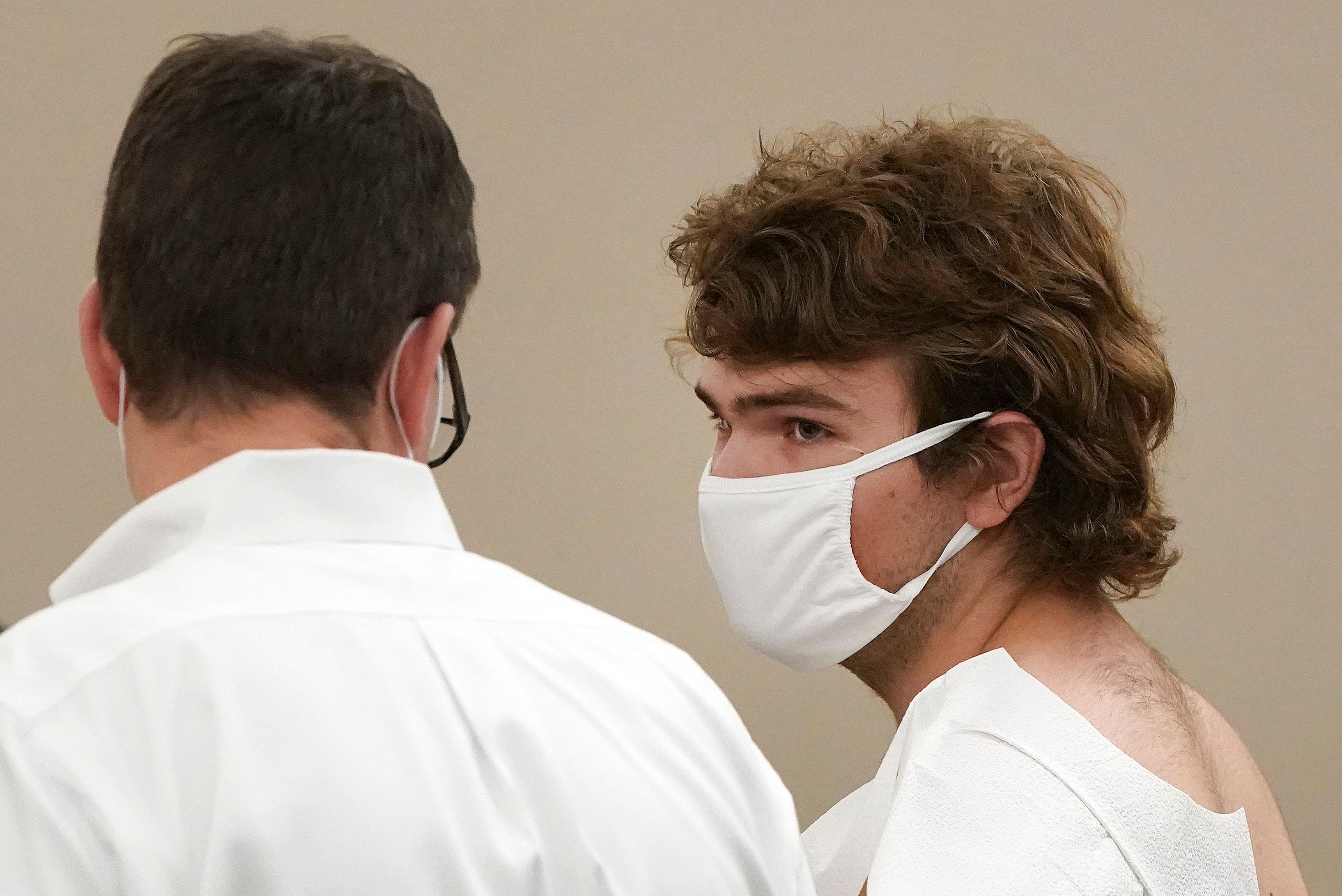I’m an expert on extremism. Here’s the hard truth about people like Payton Gendron
During my research, I found that the underlying feelings drawing people to extreme movements were similar, regardless of whether the person was a Norwegian women recruited into a Marxist cult in the 1980s or a British schoolboy lured to fight for Islamists in Syria in 2014

The brutal, racially motivated killing of 10 people at a supermarket in New York state by a white supremacist has once again highlighted the devastating role of loosely regulated online platforms in the propagation of hate speech and the promotion of extremist violence. The suspect – 18-year-old Payton Gendron – claims to have been radicalized on the anarchic online forum 4chan. He planned the terrorist attack on the social messaging platform Discord, and broadcast his rampage on live-streaming site Twitch.
The central role of the internet in his radicalization will rightly spark calls for greater regulation of online spaces. But it is wishful thinking to believe that some magical change to the technologies that dominate our lives will vanquish extremism. Efforts to combat the phenomenon must therefore recognise that online hate speech is a part of our lives now, and work on how we inoculate future generations against its insidious effects.
That online spaces play a key role in radicalization is incontestable today. Of the eight people from different ideologies profiled in my book about extremism, three were radicalized in the days before the internet. What quickly became clear during my research was that the underlying feelings drawing people to extreme movements were similar, regardless of whether the person was a Norwegian women recruited into a Marxist cult in the 1980s or a British schoolboy lured to fight for Islamists in Syria in 2014.
Alienation from the community you strive to be a part of; feelings of injustice either about your own life or broader society; a sense of powerless and lack of voice; and a desire to correct that by having an impact in the world – these were universal across the stories. But the speed and method in which people were radicalized was strikingly different.
Before the internet, extreme groups had to physically find potential recruits, then take time and energy ingratiating themselves into their lives and building the emotional connections needed to plant their alternative ‘truths’. Today, someone can radicalize all alone behind a computer screen. They are assisted by social media algorithms promoting extreme content to generate clicks and revenue, deeply polarized online platforms that reward the most outrageous posts, and the anarchic nature of a space that will always elude comprehensive regulation.
One young man I spoke to – Mak Kapetanovic from Florida – went down this route when he was 17, finding solace from a recent family tragedy on 4chan’s politics board. He told me that it offered an outlet for all the anger he had inside, and gave him easy scapegoats. Over the space of a few months, during which he spent up to six hours a day immersed in racist, anti-Semitic and misogynistic content, he came to believe the full white supremacist worldview.
Mak eventually got out, and now shares his story to warn others of the danger of self-radicalization.
Saturday’s attack by Payton Gendron shows that the dangers are ever present. He claims to have turned to online forums because he was “bored” during Covid lockdowns, and I fear that we have not yet seen the full impact of coronavirus on extremism. All of which makes it imperative that governments step up their efforts to understand the causes of extremism, and double down on their commitments to tackle them.
Pressure should remain on social media companies to take more responsibility for their content and change their business models. But this is a slow process, and one hampered by the very nature of the internet, where new spaces will always appear for extreme content. So if we can’t stamp out the hate speech and disinformation, then we must ensure that we inoculate the next generation to the divisive content they will inevitably encounter online.
This means introducing classes on critical analysis of the media we consume, so that youngsters will be better able to separate fact from fiction. Given recent research showing children as young as five are using social media, such education must start from an early age.
It means taking a fresh look at what we want to achieve from our education systems. It means moving away from purely results-based models and towards education that is more responsive to the needs of the students. In such an environment, curiosity and crucial thinking would be encouraged, building the intellectual resilience needed to recognize and stand up to divisive rhetoric.
We also need to understand the underlying reasons why some people find polarizing online spaces so seductive. These can include loneliness, mental health issues, and alienation – all problems that have been exacerbated by Covid.
While long-term solutions to these issues have been elusive due to lack of funding or political will, recognising that these broader societal problems do contribute to extremism is an important place to start. Because only when we truly understand the human motives for a drift towards extremism can we hope to tackle it.
Charlotte McDonald-Gibson is a former Independent journalist and the author of ‘Far Out: Encounters with Extremists’, published by Granta